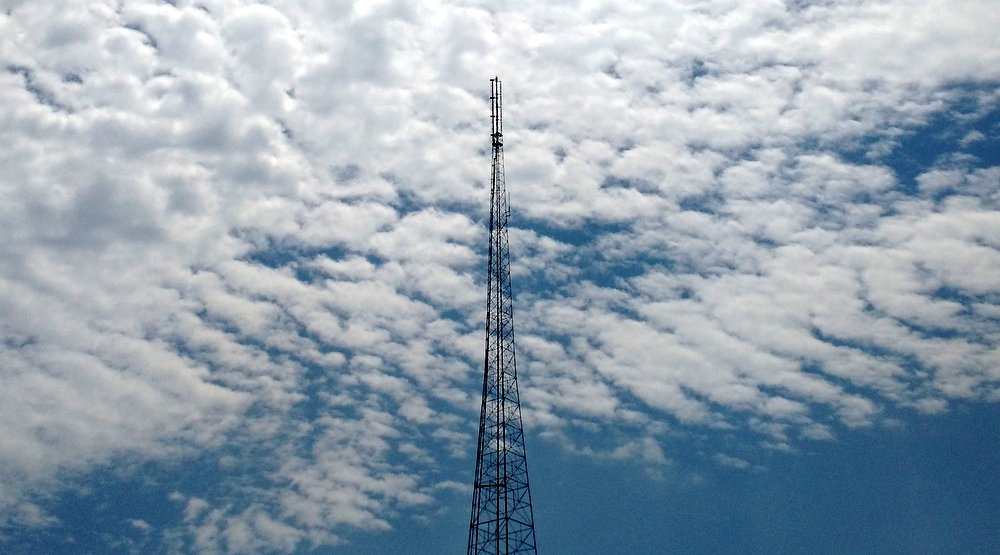Yesterday, a friend asked about tips for finding local radio stations throughout the US. His goal was to identify stations that he could then load into his WiFi radio and stream from abroad.
Of course there are always online radio station aggregators like TuneIn, but often you either need to know the station ID or name in advance to perform a search. Not all stations can be recalled with a geographic search either–especially if it’s a small local station that doesn’t market their online stream.
SWLing Post contributor, Gary Donnelly, recently shared the following searchable FCC database that lists all licensed stations on the air.
Search for:
Gary found this comprehensive database a great way to sniff out smaller LPFM and community stations to DX on FM and AM.
Post readers: Are there other resources you use to find over-the-air stations throughout the world? Please comment to share your links and tips.


I’m very late on this, but I hope to be still able to contribute some useful source, here we go
https://short-wave.info/index.php
http://eibispace.de/
https://www.primetimeshortwave.com/
http://www.muenster.org/uwz/ms-alt/africalist/
https://www.asiawaves.net/
hope the above will help a bit
worldradiomap.com may be worth mentioning. It has both web streams and frequencies.
fmscan.org is my favorite for FM, MW and LW, however. It has a lot of advanced features. For example, database results can be limited and sorted by distance and estimated signal strength for one’s favorite locations.
A drawback of fmscan.org is that its SW section is rarely updated.
Especially at summer/winter schedule switches even most other databases have delay. This is one reason to know the frequency listings at addx.de/Hfpdat/plaene.php. In my observation, it is always updated immediately at the switch of summer and winter schedules. In the ADDX schedules, another thing I like is that all the frequencies for a specific programme and time are listed in one entry, so one does not need to scroll to see the other frequencies.
Wow–excellent resources here! Thanks for sharing!
Thomas, once the “dust settles” … I mean … once there will be enough links to radio stations informations, what about putting together a blog post to collect them in a single place ? Sure, comments here may do the same duty, but having a blogpost to add to favorites (and which may be updated from time to time), may be nice imHo 🙂
A very useful site for finding US/Canadian MW stations is:
http://www.topazdesigns.com/ambc/
It provides information such as the station’s format, day/night power, type of antenna, network affiliation, common slogan, critical hours power, and related FM stations.
For the US, I still use Radio-Locator ( https://radio-locator.com/ ) It usually has links to the station’s web page, and sometimes has the links to the audio stream itself.
Another often overlooked resource is Wikipedia. If you browse through the Wiki page for most towns and cities, there’s a section titled “Media” that lists local stations. Here’s the page for my current hometown:
https://en.wikipedia.org/wiki/Poughkeepsie,_New_York#Media
A great resource for hunting down AM & FM DX in the United States is Radio-Locator:
https://radio-locator.com/
It has a bandwidth cap that will limit your searches unless you pay $$$, but for casual users it’s a useful took. It also includes coverage maps and links to transmitter locations.
FCCData is also a good site:
https://fccdata.org/
Formerly known as RECnet, it’s mainly for finding unused channels for LPFM applicants, but contains a treasure trove of technical data on existing stations, plus interactive coverage maps and historical data from the FCC on upgrades/changes, etc., including call sign changes. They also have portals for Canada, the UK/Ireland, Australia and Japan.
MWList is an excellent resource for hunting down international stations:
http://www.mwlist.org/ul_login.php?sprache=en
The “MWLIST Quick and Easy” link is a wonderful tool for deciphering who is on what frequency by region.
Finally, WTFDA hosts an online database of FM stations in North America:
http://db.wtfda.org/
It’s mostly supporter-updated so it’s not always the most up-to-date but if you get a partial RDS decode it can be helpful in figuring out which station you’re hearing.
Thomas,
For quick and easy in I use http://www.mwlist.org/mwlist_quick_and_easy.php?area=3.
There is also a list for Europe at http://www.mwlist.org/mwlist_quick_and_easy.php?area=1 and the Pacific at http://www.mwlist.org/mwlist_quick_and_easy.php?area=2
This is the list that the KiwiSDR pulls info from as well.
Other great info on the main site as well, http://www.mwlist.org
Hi,
Don’t forget Radio Garden (radio.garden). You can literally travel the world and find good catches and their URLs.
73 de CT1CXP
Tony
Although I’m having a great time listening to shortwave here in the PI, I did something the other night I never did before – I tuned through the AM commercial broadcast band looking for some DX AM stations; and I found some. Trouble was that I couldn’t identify them. I think I even heard an AM station broadcasting from Vietnam. I used the radio’s internal antenna to ascertain a direction to stations heard so indeed I did hear some DX, but the language barrier and the lack of ID defeated me. I wish there were a resource here as comprehensive as that listed by the FCC; with a bearing and frequency I might have determined which stations were heard…
joe
For AM stations, I use “Mesa Mike’s List of USA AM Band Radio Stations” at following:
http://mesamike.org/radio/cdbs/amdb.mvc
This is updated daily from the FCC data base. You can search by Frequency and State.
Also, you can download a delimited file, which is nice.
73
Bill
WD9EQD
Smithville, NJ